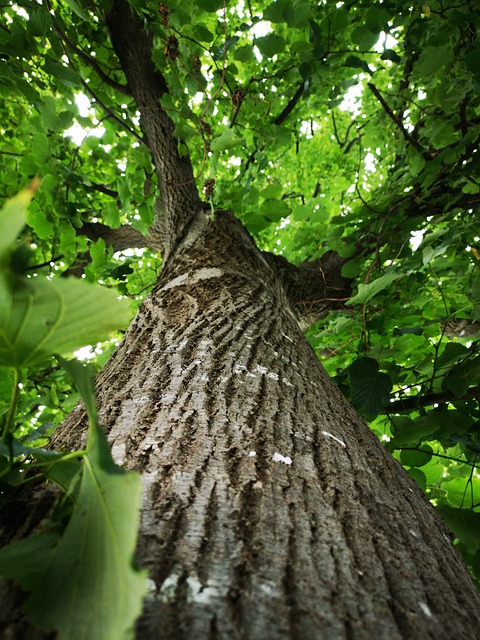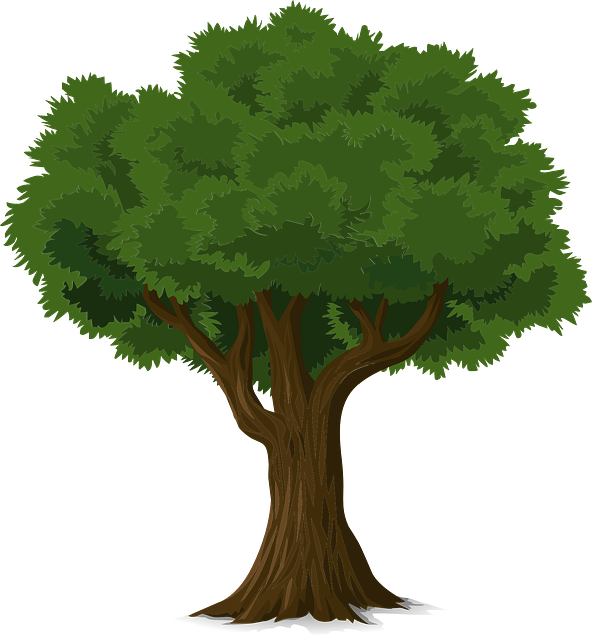In Allen, TX, recognizing common tree diseases like powdery mildew, leaf rust, bacterial leaf spot, branch dieback, and excessive shedding is crucial for tree maintenance. An Allen TX Tree Surgeon is essential for early detection, diagnosis, and treatment, preventing further damage and promoting tree health. These professionals use meticulous methods to identify diseases through visual inspections, lab tests, and diagnostic tools. Prompt action involves pruning, targeted treatments, and soil amendments. Regular inspections, proactive care, and local regulations compliance ensure tree longevity with the help of a qualified Allen TX Tree Surgeon.
Looking for an expert Allen TX tree surgeon to address diseased trees? This comprehensive guide explores common tree diseases in Allen, signs to watch for, and professional management strategies. From understanding specific issues like oak wilt and root rot to effective treatment options and preventative measures, this article equips homeowners with vital knowledge. Discover local regulations and permits, too, ensuring healthy trees without breaking the rules. Find expert care for your Allen yard with top-tier tree surgeon services.
- Understanding Tree Diseases in Allen, TX: Common Issues and Signs
- The Role of a Professional Tree Surgeon in Disease Management
- Steps to Identify and Diagnose Tree Diseases
- Effective Treatment Options for Diseased Trees
- Preventive Measures: Maintaining Healthy Trees in Your Allen Yard
- Local Regulations and Permits: What You Need to Know as a Homeowner
Understanding Tree Diseases in Allen, TX: Common Issues and Signs

In Allen, TX, understanding tree diseases is crucial for homeowners and property managers alike, especially when considering the services of a local Allen TX Tree Surgeon. Common tree issues include fungal infections like powdery mildew and leaf rust, which can weaken trees and cause defoliation. These diseases often manifest as spots, stains, or unusual growths on leaves and trunks. Another prevalent problem is bacterial leaf spot, affecting various species and resulting in dark lesions on foliage.
Signs of distress may also include branch dieback, where branches start to turn brown or black, and increased shedding of leaves or needles out of season. If you notice any of these symptoms, consulting with a qualified Allen TX Tree Surgeon is recommended. Early intervention can prevent further damage and ensure the health and longevity of your trees.
The Role of a Professional Tree Surgeon in Disease Management

When it comes to diseased trees, an Allen TX tree surgeon is an invaluable asset. These professionals are equipped with the knowledge and tools to diagnose and treat a wide range of tree health issues. They understand that early intervention is key in preventing the spread of diseases and ensuring the long-term survival of the tree. By carefully assessing the tree’s condition, an expert surgeon can recommend appropriate treatments, such as pruning, fertilization, or even complete removal, if necessary.
The role of an Allen TX tree surgeon extends beyond disease management to include maintenance and preservation. Regular inspections and proactive care can help catch potential problems early. These surgeons are trained to recognize subtle signs of distress, allowing them to provide tailored solutions that promote the overall health and vigor of the trees they tend. Their expertise ensures that trees are managed effectively, contributing to the beauty and safety of Allen’s urban landscape.
Steps to Identify and Diagnose Tree Diseases

When it comes to identifying and diagnosing tree diseases, an Allen TX tree surgeon employs a systematic approach. The process begins with a thorough visual inspection of the tree, looking for any abnormal growths, discolored leaves, or unusual patterns in the bark. Symptoms can often provide valuable clues about the potential issue. For instance, wilting leaves might indicate drought stress, while fungal infections may cause spots on foliage.
After gathering initial observations, the Allen TX tree surgeon may conduct further tests. This could involve taking samples of affected branches or leaves for laboratory analysis to confirm specific diseases. Additionally, they might use diagnostic tools like moisture meters to assess soil hydration and cameras to capture detailed images of hard-to-reach areas, ensuring a comprehensive understanding of the tree’s health before proceeding with treatment options tailored to the diagnosed condition.
Effective Treatment Options for Diseased Trees

When a tree in your Allen, TX yard is showing signs of disease, it’s crucial to act swiftly and consider effective treatment options. A qualified Allen TX tree surgeon can help diagnose the specific issue affecting your tree, as diseases can range from fungal infections to bacterial infestations or nutrient deficiencies.
The first step is often proper pruning to remove diseased branches and improve air circulation. Topical treatments like fungicides or bactericides may be recommended, depending on the diagnosis. In some cases, soil amendments can help restore a tree’s health by addressing underlying nutrient imbalances. Root-focused treatments and overall tree care practices can also fortify your tree against future diseases.
Preventive Measures: Maintaining Healthy Trees in Your Allen Yard

Keeping your trees healthy is a proactive way to prevent diseases and ensure their longevity, especially in areas like Allen, TX, where certain species may be more susceptible to specific conditions. Regularly scheduled inspections by an experienced Allen TX tree surgeon can identify potential issues early on. Pruning is a crucial preventive measure; it removes dead or diseased branches, improves air circulation, and reduces the risk of insect infestation. Proper watering and fertilization are also essential, especially during dry spells or for newly planted trees. Balanced nutrient levels strengthen trees against diseases.
In addition to professional care, homeowners can take steps to maintain tree health. This includes choosing suitable tree species for your yard, ensuring adequate spacing between trees to promote air circulation, and regularly removing fallen leaves and debris to prevent the spread of pathogens. Monitoring changes in tree behavior, such as leaf discoloration or unusual growth patterns, can also help catch potential problems early, allowing for timely intervention by a qualified Allen TX tree surgeon.
Local Regulations and Permits: What You Need to Know as a Homeowner

When considering hiring an Allen TX tree surgeon, understanding local regulations and permits is crucial for a smooth process. As a homeowner, it’s essential to know that certain cities and towns have specific rules regarding tree removal and surgery, especially in urban or suburban areas. These regulations are designed to protect the environment and preserve the aesthetic value of neighborhoods. Before engaging any professional, research and familiarize yourself with Allen’s local ordinances related to tree work.
Permits may be required for extensive tree surgeries or removals, particularly for larger trees. This process often involves submitting an application detailing the proposed work, along with relevant documents and fees. Permits ensure that tree surgeons adhere to safety standards and environmental protection measures, ensuring your property and surroundings remain secure during the course of work.
When dealing with diseased trees in Allen, TX, it’s clear that a knowledgeable tree surgeon is an invaluable asset. From identifying common issues like fungal infections and pest infestations to providing effective treatments and preventive measures, these professionals ensure the health and longevity of your yard’s green giants. For accurate diagnosis and expert care, trust a licensed Allen TX tree surgeon to navigate the complex world of tree disease management, fostering a vibrant and healthy urban landscape for all to enjoy.






